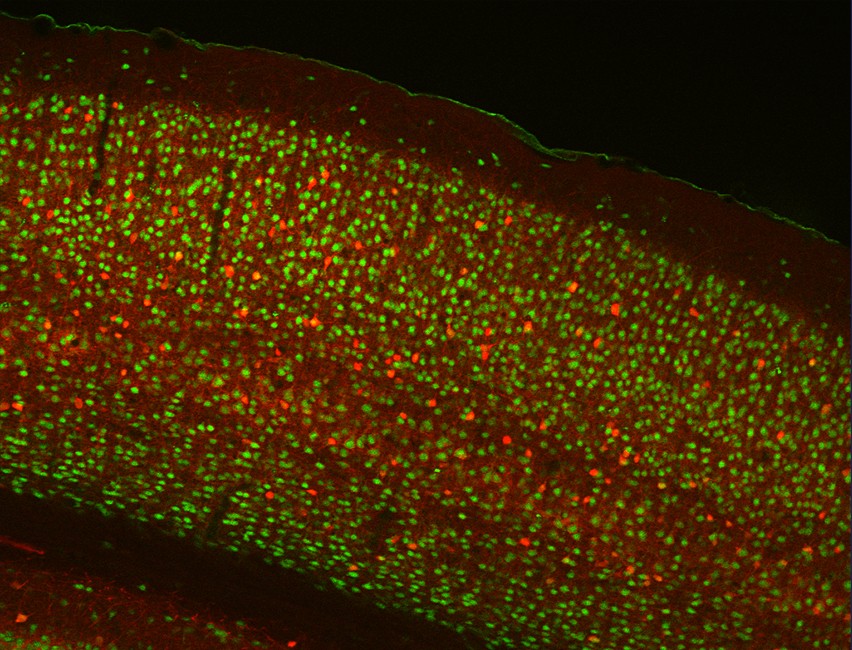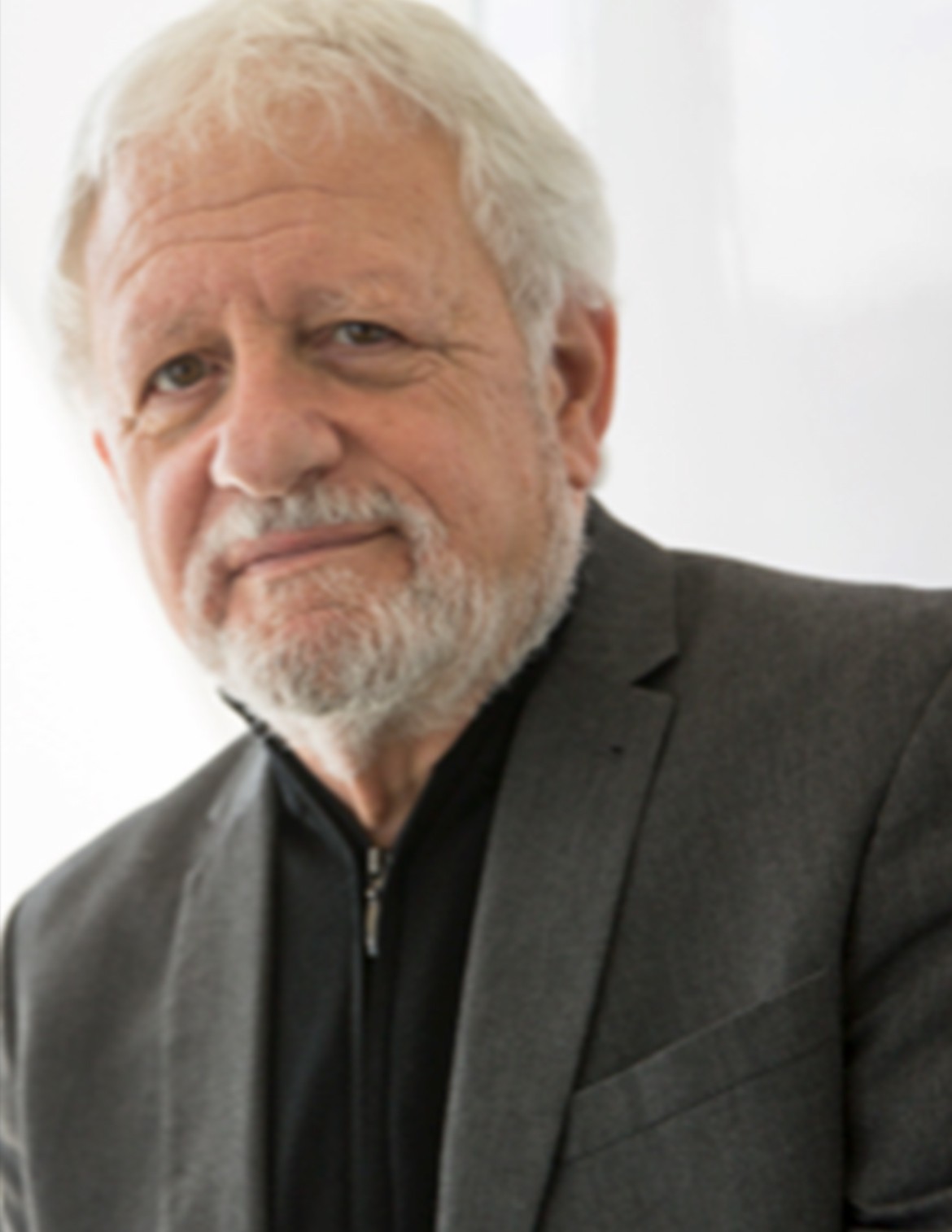Neuroscience spans diverse questions and approaches and this is reflected by the breadth of the Neuroscience interests represented in the Department. From biophysical studies of single ion channels to complex behavior, from genetics to physiology and anatomy, from cell and molecular approaches to systems level investigations of brain circuitry and development. An equally diverse number of model systems are utilized by laboratories in the department ranging from invertebrates to vertebrates, including nematode worms, Drosophila and other insects, hydra (you won’t find that many other places), to amphibians and rodents. Eleven members of the faculty in Biological Sciences work within the discipline of Neuroscience offering many opportunities for both undergraduate and graduate student participation in sophisticated neuroscience research at the frontier of this frontier. A regular feature of the Neuroscience program here is Neurolunch, an informal lunchtime seminar (with pizza and drinks provided) open to all, in which a member of our community presents recent work in their laboratory. There is also a Neuroscience and Behavior major offered jointly with Psychology. The scientific programs of individual laboratories are presented below.
Research Groups
Abdus-Saboor lab
Genes and neural circuits for pain and touch behavior
Barnhart Lab
Cell biology of the neuron
Chalfie Lab
Developmental genetics of identified nerve cells in C. elegans
Duvall Lab
Regulation of innate behavior in blood-feeding arthropods
Firestein Lab
Cellular mechanisms of signal transduction and olfaction
Hobert Lab
Germ Cell Development in Drosophila
Kelley Lab
Social communication in Xenopus
Tomer Lab
Develop and apply molecular, optical and data analytic methods for multi-scale understanding of complex biological systems
Tosches Lab
Evolution of cell types and circuits in the vertebrate brain
Yang Lab
Ion channel structure, function, regulation, disease mechanisms and drug discovery
Yuste Lab
Development and function of the cortical microcircuitry












